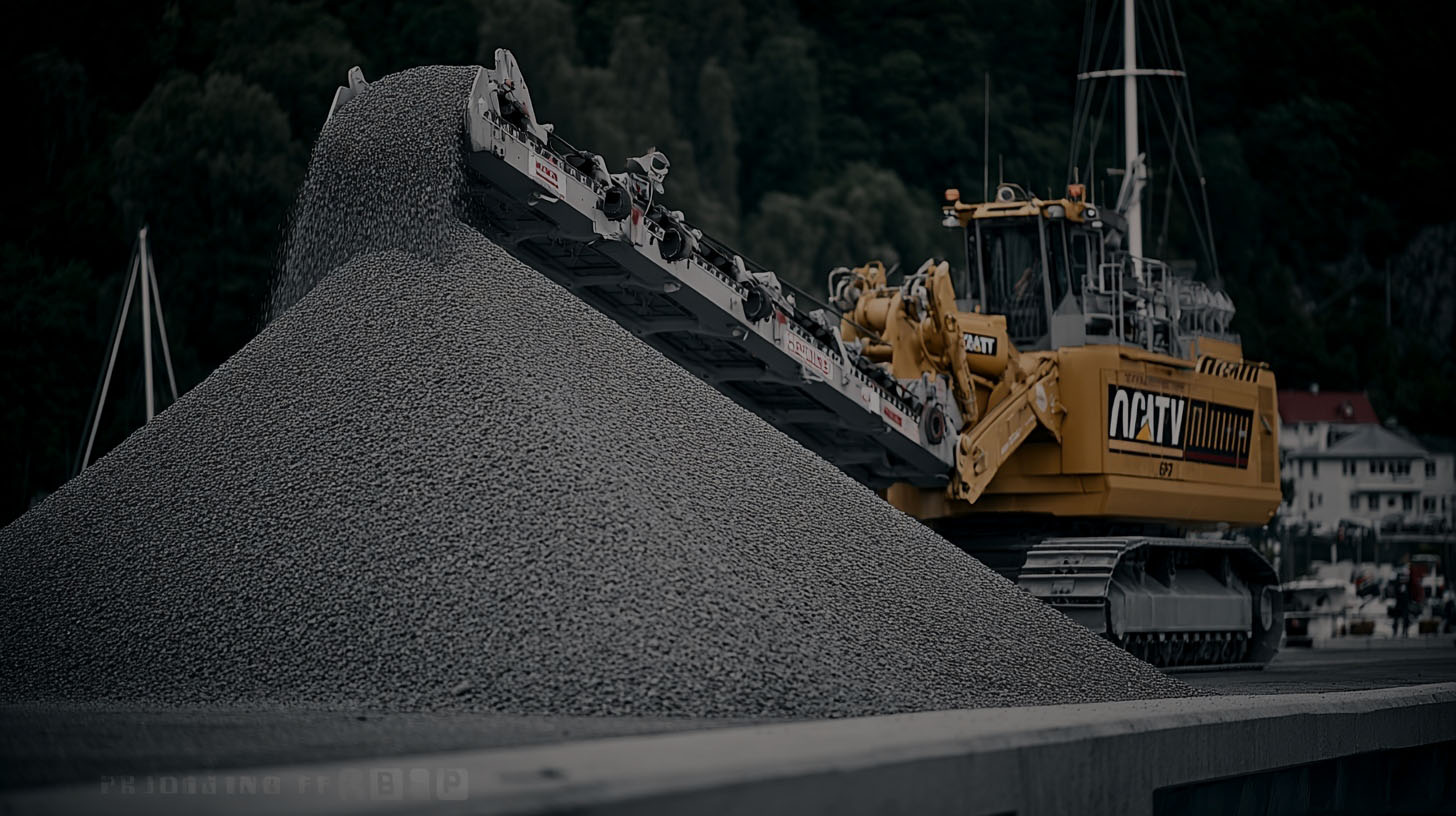A surge in rare earths trade, policy maneuvers, and global partnerships is reshaping the critical minerals ecosystem for batteries, energy, and defense.
At a glance – The past 24 hours have seen a dramatic acceleration in the global race for rare earths and critical minerals, with new trade corridors opening, government interventions intensifying, and supply chain vulnerabilities exposed. The United States, China, and emerging players like Pakistan and Greenland are at the center of a rapidly evolving landscape, as nations and corporations scramble to secure the raw materials essential for next-generation batteries, electric motors, energy storage systems, and advanced defense technologies. These developments are not only redrawing the map of mineral sourcing and refining but are also triggering new alliances and policy shifts that will define the future of clean tech and strategic manufacturing.
Technology advance – MP Materials has announced a significant expansion of its rare earths processing capabilities in the United States, marking a pivotal shift in domestic supply chain resilience. The company’s Texas plant, coupled with its forthcoming 10X Facility, is set to create a vertically integrated rare earths-to-magnets supply chain, reducing reliance on foreign sources for critical components in electric vehicles and defense systems. Notably, MP Materials is investing in the separation of heavy rare earth elements (HREEs), such as dysprosium and terbium, which are vital for high-temperature magnets used in advanced military and energy applications. However, the company faces challenges, as its Mountain Pass mine is primarily rich in light rare earths, and the global bottleneck remains in the separation of HREEs—a process still dominated by China. Recent Chinese export restrictions have sent prices of key heavy rare earths soaring, underscoring the urgency for technological breakthroughs in domestic processing and separation capabilities.
Partnerships – In a landmark development, Pakistan has dispatched its first-ever shipment of rare earth and critical minerals to the United States under a $500 million agreement, signaling a new era of bilateral cooperation and diversification of supply chains. This historic transaction not only strengthens U.S. access to essential raw materials but also positions Pakistan as a significant emerging player in the global critical minerals market. The deal is expected to catalyze further joint ventures and technology transfers, as both nations seek to reduce dependency on traditional suppliers and enhance the security of their energy and defense sectors. The shipment includes a mix of rare earth oxides and other strategic minerals destined for U.S. battery and magnet manufacturers, with follow-on shipments planned as part of the multi-year agreement.
Acquisitions/expansions – Lithium Corporation has solidified its position in the rare earths sector following the approval of new mining claims and a strategic equity investment from the U.S. Department of Defense. This move, finalized in July 2025, is designed to accelerate the domestic build-out of rare earths extraction and processing infrastructure, with a particular focus on supporting the needs of the U.S. military and clean energy industries. The investment provides Lithium Corporation with the capital and technical expertise required to scale up operations, while also ensuring that a portion of its output is reserved for critical national security applications. The company’s expanded footprint is expected to contribute significantly to the domestic supply of neodymium, praseodymium, and other key inputs for electric vehicle motors and renewable energy systems.
Regulatory/policy – The Trump administration has unveiled a new strategy to bolster U.S. influence in the global critical minerals market by seeking equity holdings in key producers. This policy shift aims to secure long-term access to essential materials by leveraging Wall Street investment tools, rather than relying solely on traditional trade agreements or government stockpiles. The approach is designed to provide the U.S. with a direct stake in the production and governance of critical minerals, thereby enhancing supply chain security for industries deemed vital to national defense and economic competitiveness. The administration’s move reflects growing concerns over foreign control of rare earths and the need for innovative policy solutions to counteract geopolitical risks and market volatility.
Finance/business – Greenland has emerged as a new battleground in the global contest for rare earths, attracting significant attention from U.S., Chinese, and Russian investors. Recent filings and international trade broadcasts highlight Greenland’s untapped reserves of rare earth elements, which are now the focus of competing bids and strategic partnerships. The island’s government is actively courting foreign investment to develop its mining sector, with the goal of becoming a major supplier to Western markets. These developments have sparked a flurry of financial activity, as venture capital firms and multinational corporations position themselves to capitalize on Greenland’s resources. The outcome of these investments will have far-reaching implications for the balance of power in critical minerals supply chains, particularly as Western nations seek to reduce their dependence on Chinese-controlled sources.
Sources: energypolicy.columbia.edu, prnewswire, lithiumcorporation.com, mining.com, jdsupra, 60 Minutes








